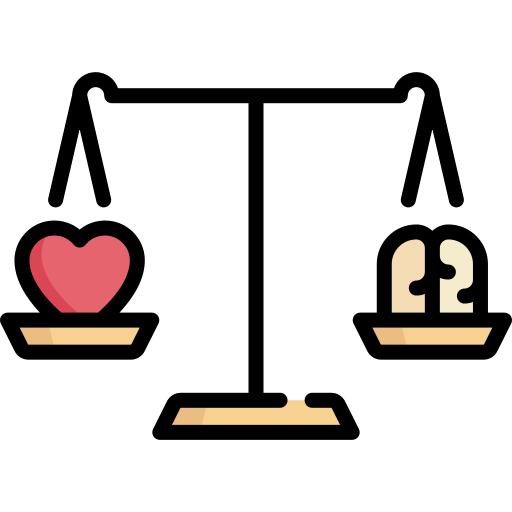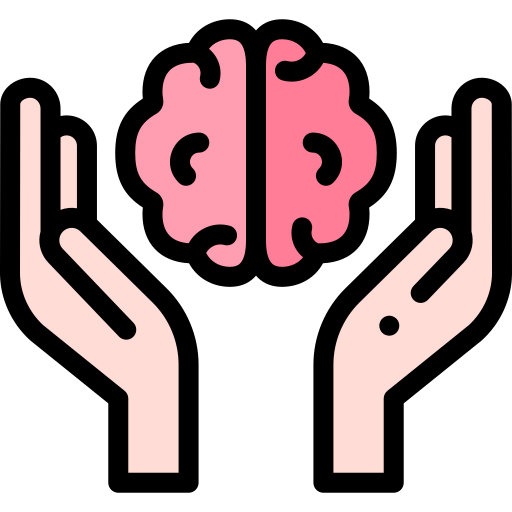135 million people around the world have difficulty regulating their emotions at some point in their life.

One of the most effective methods of treating emotion dysregulation is dialectical behavioral therapy (DBT).
Did you know?
What's The Purpose of DBT?
In DBT, the main idea is to help you find a balance between two opposites: acceptance and change.
acceptance means learning to live with yourself, even when it's difficult to do so
change means adopting new behaviors and building emotional regulation skills

The term dialectical relates to open-minded thinking. It's the ability to view issues from different perspectives.
For example, when you hold opposing ideas on a subject, both ideas can be valid and true at the same time:
I know that I am doing the best I can...AND…I know I can do better, try harder, and be more effective.
— mental health advocate Teresa Colón reflecting on her experience with DBT
Behavioral refers to the treatment approach taken in DBT. It requires you to learn new behaviors that can improve your life and relationships.

Who Is It Designed To Help?
DBT was originally designed to treat patients suffering from borderline personality disorder, but it has since been adapted to treat several other clinical disorders related to:
anxiety
mood
eating
post-traumatic stress disorder (PTSD)
self harm
suicidal behaviors
DBT teaches you new skills to manage painful emotions and reduce conflict in relationships by:
eliminating destructive behaviors
improving emotional regulation
increasing interpersonal effectiveness
developing greater self-awareness
The goal is to help you build a life that you feel is worth living.
Modified DBT programs can even meet the needs of the non-clinical general population. Specifically, the DBT skills training module addresses a range of behaviors in adolescents and young adults.
Quiz
What can DBT help people with? Select all that apply:
What Does It Involve?
DBT therapy can take 1 year to complete. It can include different types of therapy:
Individual Therapy
In this setting, you meet one on one with a therapist weekly to:
Focus on identifying and accepting problem areas and destructive behavior patterns
Learn new skills to handle your emotions better
Group Therapy
This is usually a weekly group session to improve emotion regulation and behavior in a social context.
The skills training focuses on 4 key areas:
Mindfulness
Distress tolerance
Emotion regulation
Interpersonal effectiveness
It may also include in-the-moment coaching between you and your therapist over the phone or a video call. The goal here is to provide you with support as you need it, while going about your daily life.
This helps you practice the new skills that you learn in DBT.
Subscribe for more quick bites of learning delivered to your inbox.
Unsubscribe anytime. No spam. 🙂
Take Action

DBT may be the right treatment for you to feel better and lead a more fulfilling life.
You might benefit from DBT if you answer "yes" to any of the questions below:
Your feedback matters to us.
This Byte helped me better understand the topic.
